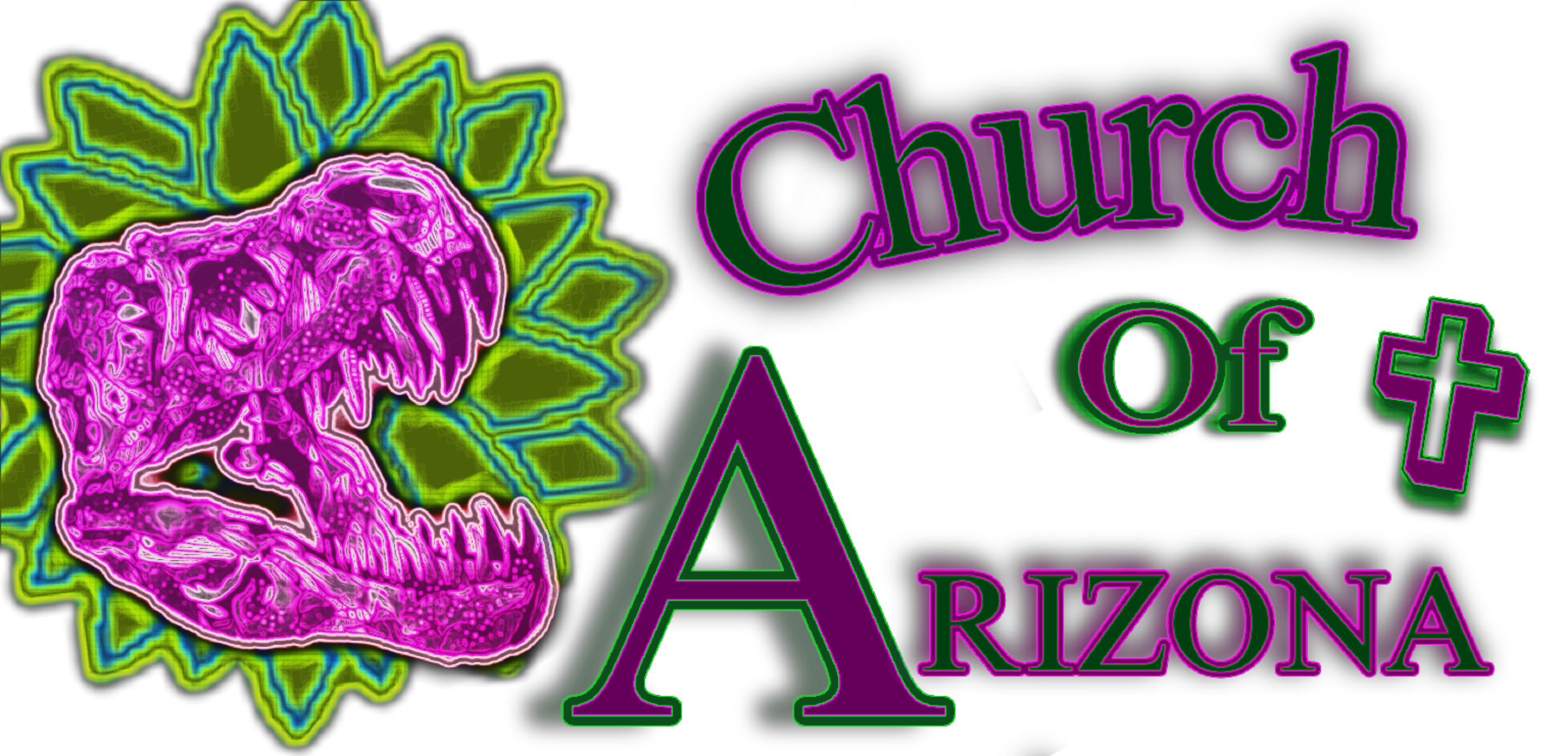

While misguided dispensationalists (Zionist ‘Christians’) “Pray for Israel” during Iran’s retaliation, I like a true man of the New Covenant consult scripture in this time of conflict. For this meditation, I look to the testimony of Stephen and the implications of his words today.
In the scripture of Acts 7:43, Stephen’s bold accusation of idolatry sheds light on a timeless struggle against spiritual deviations. His reference to the “Star of Remphan” serves as a poignant reminder of the Israelites’ historical tendency to stray from the path of monotheism. However, beyond its ancient context, Stephen’s indictment resonates profoundly in contemporary discourse, particularly in the examination of Zionism and its symbolic representations.
Stephen’s confrontation with the Sanhedrin reverberates through history as a denouncement of idolatry—a warning against the worship of false gods and the perversion of divine truth. The “Star of Remphan,” believed by some scholars to be a six-pointed star reminiscent of the modern Star of David, encapsulates the allure of idolatry and the enduring struggle against it.
Zionism, which maintains itself through the slaughter of children which invokes the imagery of Moloch worship, has been a subject of debate, not only for its geopolitical implications but also for its ideological underpinnings. At the heart of this issue lies the question of identity, belonging, and the role of symbolism in defining a nation’s ethos.
The adoption of the six-pointed star as a symbol of supposed Jewish identity and solidarity is deeply intertwined with the diabolical Zionist narrative. While the Star of David/Remphan historically holds significance within Jewry, its appropriation as a national emblem by the Zionist movement imbued it with additional layers of meaning. Yet, this association with Zionism has also sparked controversy, prompting critical reflections on the convergence of nationalism and spirituality.
Critics argue that the elevation of nationalistic fervor above spiritual principles mirrors the idolatrous tendencies denounced by Stephen centuries ago. The Star of Remphan, in its modern manifestation as the symbol of Zionist identity, represents not only a return to the idolatry of old but also a departure from the essence of Abraham’s teachings—a faith rooted in monotheism and ethical monotheism at that.
Moreover, the parallels between the ancient Israelites’ worship of false gods and the idolization of political ideologies in contemporary Zionism highlight the perennial struggle against spiritual deviation. As Stephen admonished the Sanhedrin for their faithlessness, so too do contemporary voices caution against the dangers of prioritizing nationalistic agendas over moral imperatives.
In this light, Stephen’s accusation of idolatry serves as a poignant admonition, urging introspection and vigilance in the face of ideological zealotry. While the symbolism of the six-pointed star may evoke pride and solidarity for some, its appropriation within the context of nationalist agendas underscores the complexity of reconciling religious identity with political aspirations.
As we all navigate the complexities of identity, nationalism, and faith, Stephen’s timeless message reverberates with renewed urgency. The Star of Remphan, whether ancient or modern, serves as a vexing reminder of the perennial struggle against idolatry—a reminder to remain steadfast in the pursuit of spiritual truth amidst the tumult of human endeavors.

